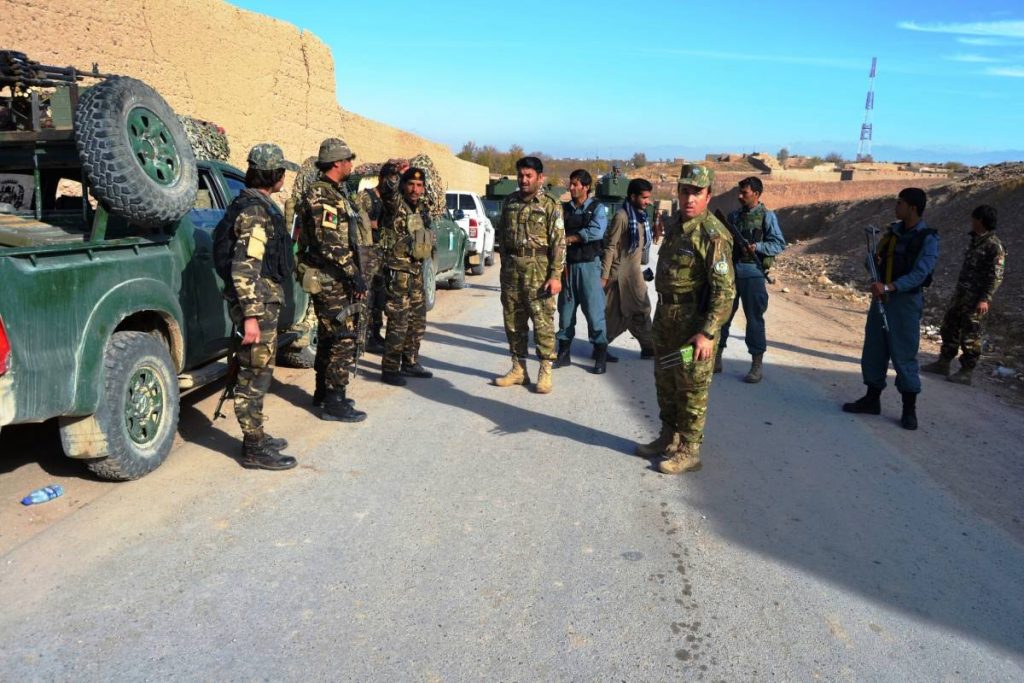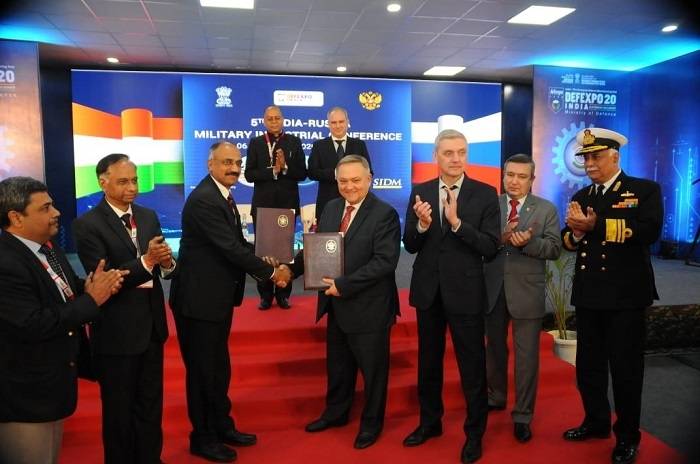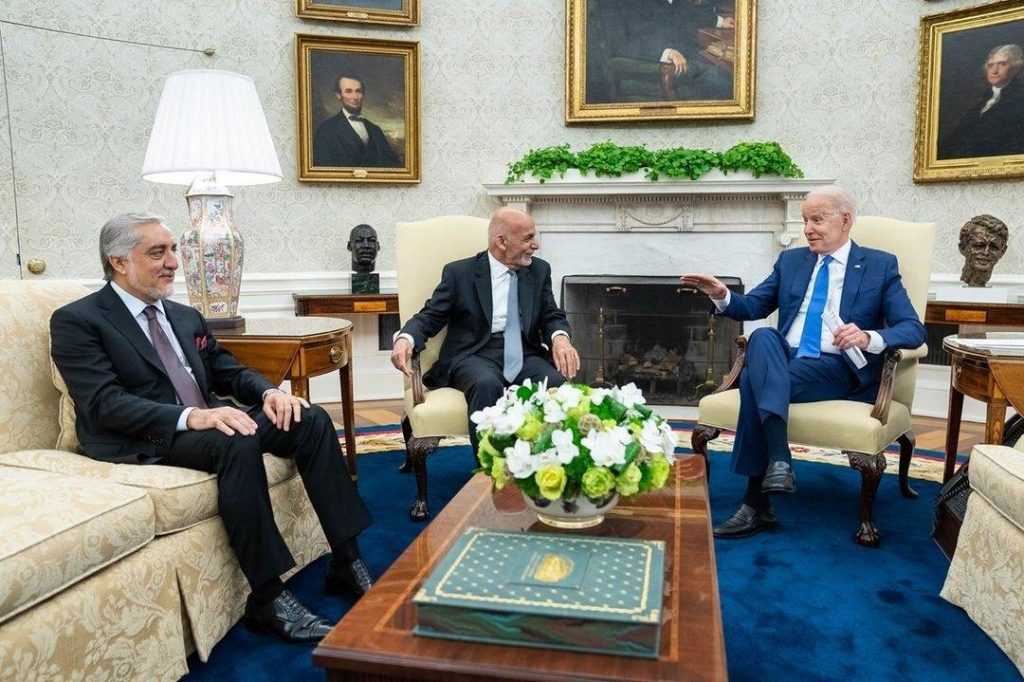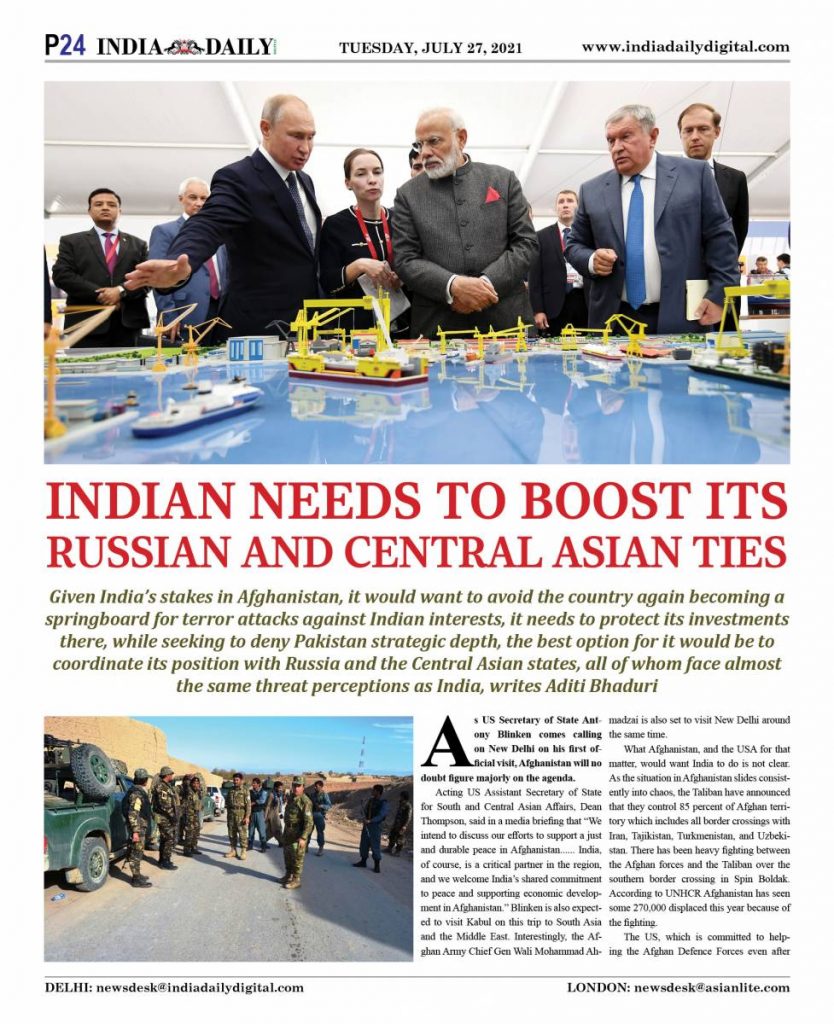Given India’s stakes in Afghanistan, it would want to avoid the country again becoming a springboard for terror attacks against Indian interests, it needs to protect its investments there, while seeking to deny Pakistan strategic depth, the best option for it would be to coordinate its position with Russia and the Central Asian states, all of whom face almost the same threat perceptions as India, writes Aditi Bhaduri
As US Secretary of State Antony Blinken comes calling on New Delhi on his first official visit, Afghanistan will no doubt figure majorly on the agenda. Acting US Assistant Secretary of State for South and Central Asian Affairs, Dean Thompson, said in a media briefing that “We intend to discuss our efforts to support a just and durable peace in Afghanistan…… India, of course, is a critical partner in the region, and we welcome India’s shared commitment to peace and supporting economic development in Afghanistan.” Blinken is also expected to visit Kabul on this trip to South Asia and the Middle East. Interestingly, the Afghan Army Chief Gen Wali Mohammad Ahmadzai is also set to visit New Delhi around the same time.
What Afghanistan, and the USA for that matter, would want India to do is not clear. As the situation in Afghanistan slides consistently into chaos, the Taliban have announced that they control 85 percent of Afghan territory which includes all border crossings with Iran, Tajikistan, Turkmenistan, and Uzbekistan. There has been heavy fighting between the Afghan forces and the Taliban over the southern border crossing in Spin Boldak. According to UNHCR Afghanistan has seen some 270,000 displaced this year because of the fighting.

The US, which is committed to helping the Afghan Defence Forces even after its complete withdrawal of troops, has been conducting airstrikes in support of the Afghan forces. Of course, the situation has come to such a pass because of what many analysts perceive has been a hasty agreement on a withdrawal struck by the US with the Taliban, bypassing the Afghan government. Though the agreement is conditioned on intra-Afghan negotiations and reconciliation, it has been enough to embolden the Taliban to employ violence to grab territory in order to strengthen its position at the negotiating table with the government of Ashraf Ghani.
ALSO READ: India gives strong response to US about human rights concerns
On its part the Ghani government has rubbished the Taliban’s claims and boasted that while the latter was winning the battles, the Afghan forces would win the war. It had also found itself in a war of words with Pakistan whom it accuses of directly abetting the Taliban in its offensive against the Afghan forces, infiltrating thousands of militants into Afghanistan.
Meanwhile, Afghanistan’s Central Asian neighbours – Tajikistan, Turkmenistan, and Uzbekistan – with whom Afghanistan shares its longest border have bolstered border security in the backdrop of a Taliban takeover of the border crossings. While all these countries recognise Taliban as a strong and legitimate stakeholder in Afghan politics the organisation itself remains banned in all of them.

At the same time Russia has announced military drills which it will hold jointly with Uzbekistan and Tajikistan from 5-10 August, as well as joint Russian-Uzbek drills involving around 1,500 troops on July 30-August 10. Russia has also activated its largest foreign base in Tajikistan
The announcement of the military drills came on the heels of the formation of a new Quadrilateral for Afghan peace, and which includes Afghanistan, Uzbekistan, Pakistan, and of course the US.
Logically, Russia’s announcement is aimed at shoring up security along the border regions with Afghanistan in the backdrop of the worsening situation inside that country. Tajikistan is part of the Russia-headed Collective Security Treaty Organization (CSTO), a military alliance that also includes Russia, Armenia, Kazakhstan, Kyrgyzstan and Belarus.
ALSO READ: US asks India, Pak to work towards stable ties
Yet, the announcement also aims to convey another message – that Central Asia remains Russia’s sphere of influence. At a high-level conference on Central-South Asia Connectivity in Tashkent, Russian Foreign Minister Sergey Lavrov announced that Central Asian countries had refused to host American bases in the wake of American and NATO troops withdrawal from Afghanistan. It was at the same conference that the new US led Quad was announced. Uzbekistan had earlier also hosted US bases.
This is a position that unites almost all the regional powers – China, Iran, Pakistan and Russia all want the US to withdraw from Afghanistan, all are against US bases in the region. All have also accepted Taliban as a legitimate political stakeholder in Afghanistan.

Russia has also squarely laid the blame for the escalating violence in Afghanistan not on the Taliban but on the intransigence of the Ghani government’s intransigence vis-a-vis an interim government.
With its enormous development aid to Afghanistan, India thus, is in an unenviable situation. Afghan representatives have consistently called on India for support. Since India will not be putting boots on the ground there, it can do little beyond offering limited military aid, intelligence sharing, and training. The Taliban have repeatedly said that “it will not allow anyone to use the soil of Afghanistan against any other country, nor will tolerate intervention of others”. It has said that Kashmir is India’s internal matter and would not interfere in it. It has also asked India to remain “impartial” on Afghan issue and not extend military support to the Kabul government.

Yet the group’s proclivity to violence and its links to terror groups like Al Qaeda remains cause for immense concern. But alas the genie is out of the bottle unless the US again decides to go to war with it. A US intelligence report had assessed that the Afghan government could collapse six months after US withdrawal.
Given India’s stakes in Afghanistan, it would want to avoid the country again becoming a springboard for terror attacks against Indian interests, it needs to protect its investments there, while seeking to deny Pakistan strategic depth, the best option for it would be to coordinate its position with Russia and the Central Asian states, all of whom face almost the same threat perceptions as India. All have called for a ceasefire and an immediate halt to violence in Afghanistan. India has already started working on channels of communication with the Taliban. Since India has always stood for support to the “Afghan people” India should seek to actively promote intra-Afghan dialogue so that a truly inclusive Afghan government can be formed. The sooner the better.
(Aditi Bhaduri is a columnist. The views expressed are personal. The content is being carried under an arrangement with indianarrative.com)

Leave a Reply